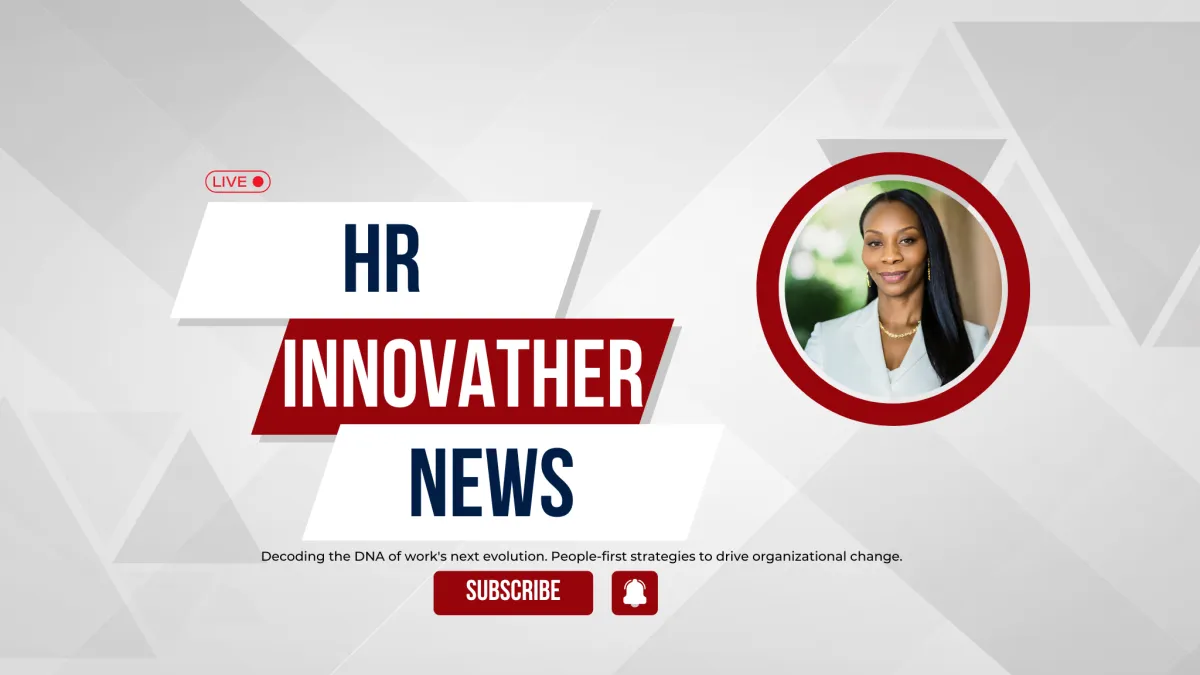

Preparing HR for the 2024 Election: Steps to Take for a Possible Presidential Shift
As we approach a pivotal moment in U.S. politics, a new administration will soon take the reins, bringing with it a fresh set of regulatory priorities that could significantly affect HR leaders. Understanding how to adapt workplace policies and ensure compliance will be crucial in this changing landscape.
As Emily Dickens, Chief of Staff and Head of Government Affairs at the Society of Human Resource Management (SHRM), emphasizes, it’s important to approach this transition with a level head. “First, breathe. These changes won’t happen overnight,” she advises. While incoming leaders often have ambitious plans for their first 100 days, significant shifts in federal workplace policies are unlikely to materialize immediately.
Understanding the Impact of Leadership
The pace at which a new administration can implement changes depends heavily on the makeup of Congress. For example, if former President Trump returns to office while Democrats maintain a slim majority in the Senate, the confirmation process for key nominees could be prolonged. Conversely, President Harris facing a Republican-majority Senate may encounter similar delays.
Even if the new president seeks to leverage executive authority to enact sweeping regulatory changes, they must juggle various priorities, including energy and education policies. This complexity makes it essential for HR leaders to stay informed and prepared.
What Should HR Do Now?
HR professionals should focus on identifying which regulations will likely have the most significant impact on their businesses. Monitoring potential changes in areas such as worker classification and minimum wage laws is essential, especially for organizations with large contract workforces.
It’s also wise to consider whether there are outdated regulations that could be revisited under a new administration, regardless of party affiliation. Dickens highlights that SHRM and its public affairs team actively track key legislative and regulatory developments that affect employers, providing valuable insights into upcoming changes.
Budgeting for the Future
As the regulatory landscape shifts, HR leaders should incorporate these potential changes into their budgeting plans. Understanding the costs associated with implementing existing regulations will help organizations prepare for possible changes that may arise in the next year or two, especially in relation to headcount and associated expenses for fiscal years 2025 and 2026.
HR teams can project costs based on previous workplace priorities from the Trump administration (2017–2021) or consider the initiatives President Harris may pursue if she continues President Biden’s policies. A notable example is the Department of Labor’s independent contractor rule. Planning for costs under differing interpretations of this rule will be crucial for effective budgeting.
The Local Impact
While federal elections undoubtedly affect workplace dynamics, Dickens stresses the importance of local and state elections, which often have a more immediate impact on daily operations. “What happens at the state level will affect your life more than events in Washington, D.C.,” she notes. Local leaders, such as mayors and governors, play a crucial role in shaping policies that influence day-to-day operations.
As HR prepares for the transition to a new administration, it’s vital to stay informed and adaptable. By understanding the regulatory landscape and its potential changes, HR professionals can ensure their organizations remain compliant and ready for whatever comes next.
Fractional HR to Go: Strategic Leadership On Demand
Seek Ameena Guidance

Are you seeking expert HR guidance to enhance your business's human resources strategy without the commitment of a full-time HR executive hire? Need a seasoned Fractional HR Consultant to provide strategic insights or support your HR initiatives? Look no further than our Fractional HR Consulting and HR Leadership Support service!
Tailored for well-funded startups, non profits and medium to large organizations, our Fractional HR service offers the strategic insight and experience of an external HR executive, injecting vitality into your HR initiatives.
Ameena's Unique Approach:
Unlike traditional consulting firms, our Fractional HR service focuses on delivering unbiased, expert advice tailored to your organization's best interests. With extensive experience in HR leadership, Ameena excels in collaborating with your existing teams to bridge gaps, unify efforts, and drive toward a shared vision for HR success.
Ameena's Promise:
Unlike traditional consulting firms, our Fractional HR service focuses on delivering unbiased, expert advice tailored to your organization's best interests. With extensive experience in HR leadership, Ameena excels in collaborating with your existing teams to bridge gaps, unify efforts, and drive toward a shared vision for HR success.
Personalization & Discovery:
Each organization is unique, and we believe in personalized solutions. Let's start with a discovery call to explore how our Fractional HR service can meet your organization's specific needs.
Fees:
Fees range from $5,000 to $20,000+ per month, depending on the scope and complexity of services provided.

Benefits
Executive-level Insight:
Access the strategic foresight and expertise of a seasoned HR executive to steer your HR initiatives toward success.
Enjoy top-tier HR leadership customized to your company's needs without the overhead costs of a full-time executive hire.
From refining your HR processes to fostering a positive workplace culture and aligning HR strategies with business objectives, experience comprehensive HR growth under expert guidance.
SERVICES SCOPE

HR Audit
A comprehensive assessment of your HR processes, policies, and practices to identify areas for improvement.

Strategic Alignment
Align HR initiatives with business goals and objectives to drive organizational success.

Change Management Guidance
Assist in managing organizational change effectively, including digital transformation initiatives and cultural shifts.Talent

Acquisition and Development
Develop strategies for attracting, retaining, and developing top talent to support business growth.

Integration & Training
Assist in integrating HR systems and software, as well as providing training and development opportunities to enhance HR competencies within your team.

Brand Culture Development
Cultivate a strong company culture aligned with your brand values to enhance employee engagement and retention.



